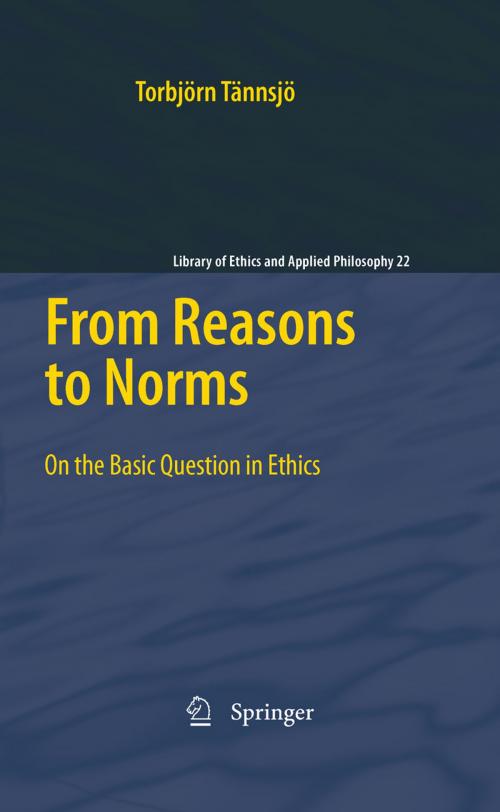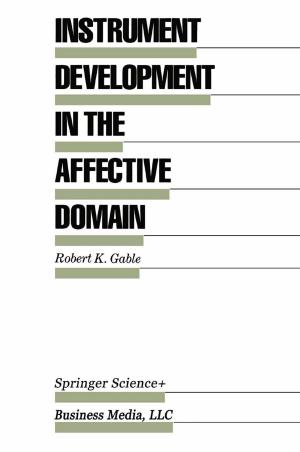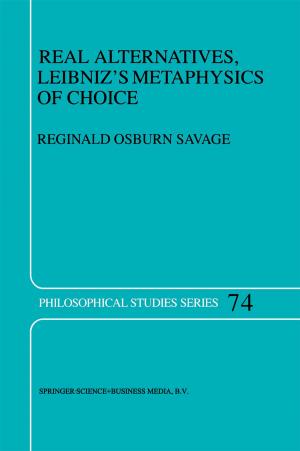From Reasons to Norms
On the Basic Question in Ethics
Nonfiction, Religion & Spirituality, Philosophy, Ethics & Moral Philosophy| Author: | Torbjörn Tännsjö | ISBN: | 9789048132850 |
| Publisher: | Springer Netherlands | Publication: | December 12, 2009 |
| Imprint: | Springer | Language: | English |
| Author: | Torbjörn Tännsjö |
| ISBN: | 9789048132850 |
| Publisher: | Springer Netherlands |
| Publication: | December 12, 2009 |
| Imprint: | Springer |
| Language: | English |
Metaethics is the inquiry into the nature of morality (or ethics, I use the words ‘morality’, ‘morals’, and ‘ethics’ as synonyms). When we pass moral judgements, what kind of claims are we then making? I speak of this as the semantic metaethical question. a re there moral facts, to be discovered by us and existing independently of our thoughts and conceptualisation? I speak of this as the ontological or me- physical metaethical question. a nd, if there are, can we know about them; and, if we can, how do we get this kind of knowledge? I speak of this as the epistemic metaethical question. a ll these metaethical questions, the semantic, the ontological, and the epistemic ones, are raised and discussed in this book, but they are not the core questions raised. I have been more concerned with another kind of questions, which deserve to be called metaethical as well: what are the problems of morality? a re there many different moral questions, or, do they all, in the final analysis, reduce to only a few, or perhaps just one? t his question is of special importance to a non-naturalist objectivist and realist like the present author, who believes that we do make truth-claims when we pass moral judgements and who believes that there is a truth in these matters so that we must face the possibility that even our most cherished moral judgements may be false.
Metaethics is the inquiry into the nature of morality (or ethics, I use the words ‘morality’, ‘morals’, and ‘ethics’ as synonyms). When we pass moral judgements, what kind of claims are we then making? I speak of this as the semantic metaethical question. a re there moral facts, to be discovered by us and existing independently of our thoughts and conceptualisation? I speak of this as the ontological or me- physical metaethical question. a nd, if there are, can we know about them; and, if we can, how do we get this kind of knowledge? I speak of this as the epistemic metaethical question. a ll these metaethical questions, the semantic, the ontological, and the epistemic ones, are raised and discussed in this book, but they are not the core questions raised. I have been more concerned with another kind of questions, which deserve to be called metaethical as well: what are the problems of morality? a re there many different moral questions, or, do they all, in the final analysis, reduce to only a few, or perhaps just one? t his question is of special importance to a non-naturalist objectivist and realist like the present author, who believes that we do make truth-claims when we pass moral judgements and who believes that there is a truth in these matters so that we must face the possibility that even our most cherished moral judgements may be false.















